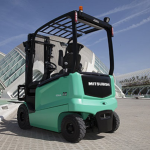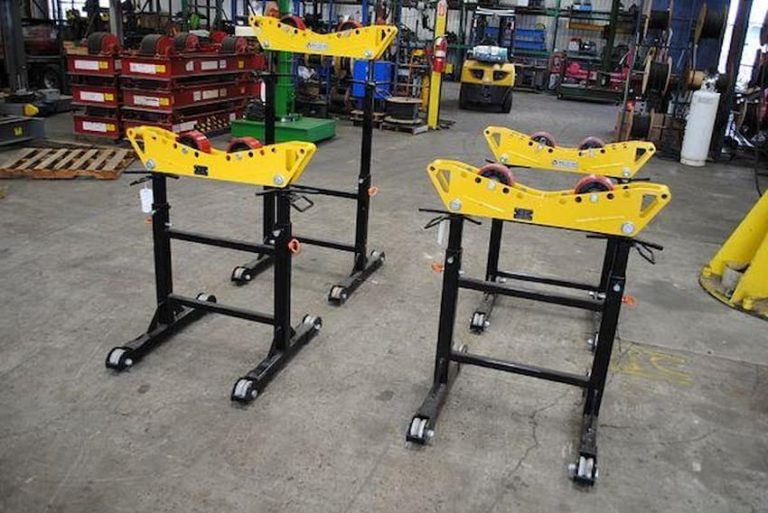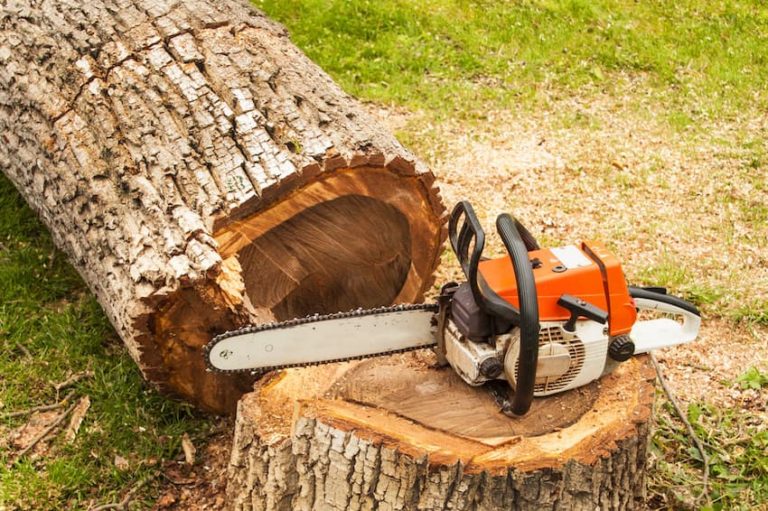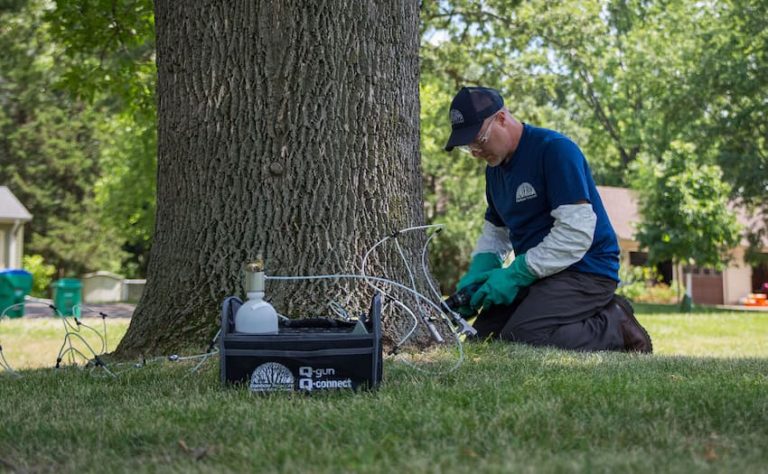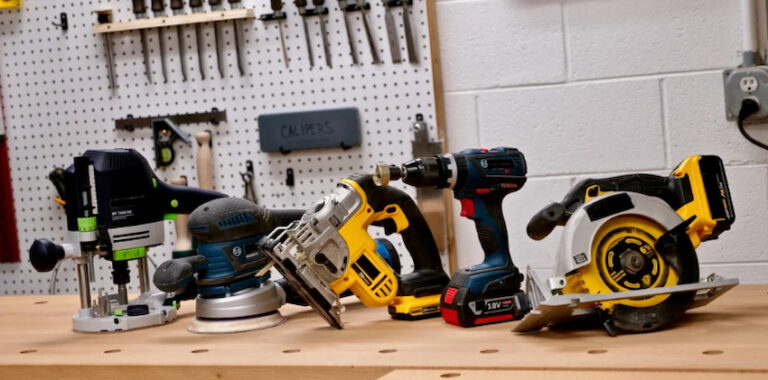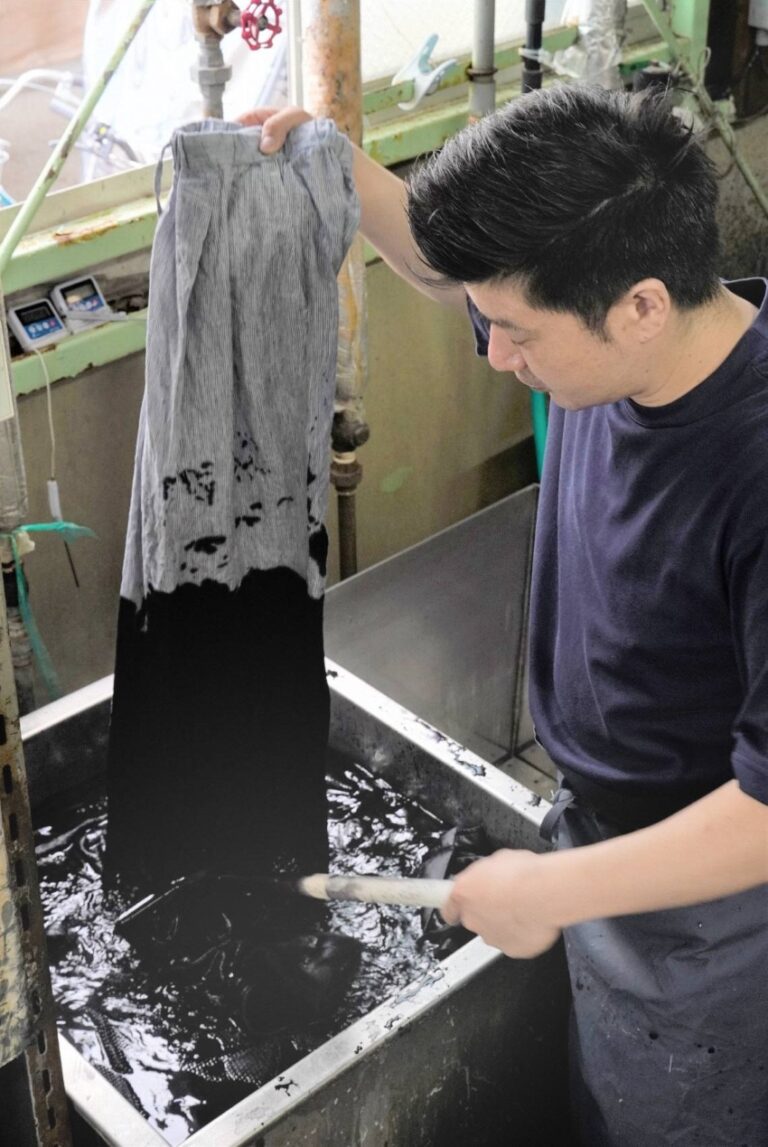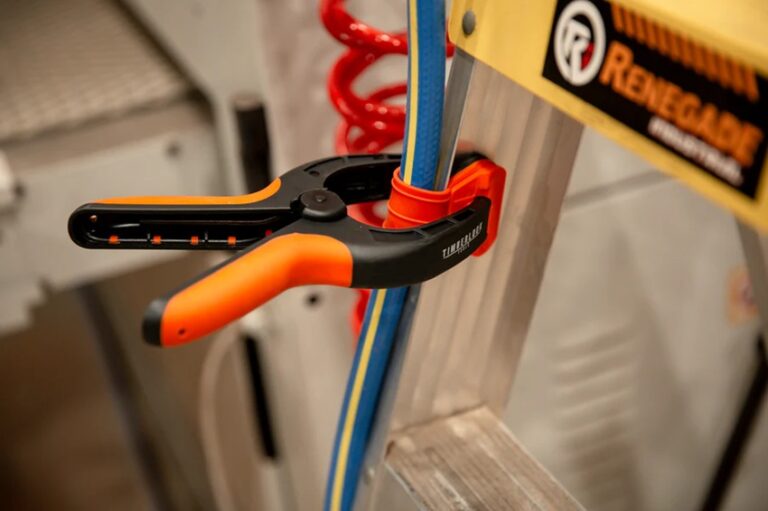Say you just moved to a new house and your garden needs a little upgrade, or perhaps your existing garden should be rearranged and organised… Well, proper gardening requires time, effort and the right products. And one of the main things you’ll need is mulch.
What is mulch? Mulch is any material that is laid or spread over the soil’s surface and used as cover. It is used to retain moisture in the soil, keep it cool, suppress weeds and make the garden look more attractive. Using organic mulch can also improve the soil’s fertility. You can find a physical store or buy mulch online, the latter being a more affordable option as you can always stumble upon a mulch sale. You can either have professionals spread the mulch for you or you can spread it yourself. If you haven’t used mulch before, you will probably feel overwhelmed by the available options. Knowing the different types of synthetic and organic mulch will certainly make it easier for you to choose.
Types of Organic Mulch
Organic mulch is a better choice for a lot of reasons. It can keep your trees looking great, it can help the soil retain 75% of the available water and it can provide vital nutrients that encourage worms to aerate and fertilise the soil. Selecting the right one form the range of mulch sale is paramount.
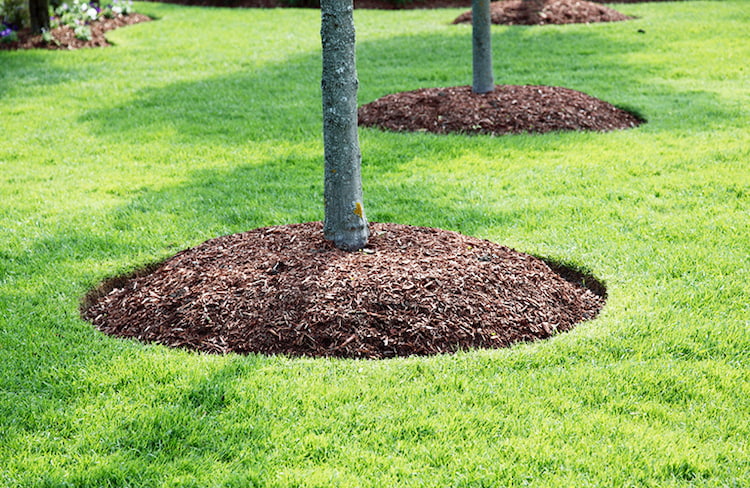
Bark
Bark mulch is best used in garden beds and around shrubs and trees where you don’t need to do a lot of digging like with foundation plantings and front walkways. The reason for this is because this wood chip mulch doesn’t mix well into the soil, so moving it aside to make space for new plants can be a hassle. On the other hand, this type of organic mulch lasts longer than finger mulches. Also, since it breaks down slowly, this mulch doesn’t have to be replaced as often as some other organic types of mulch.
Compost
This type of mulch can be used anywhere around your garden, as long as it’s relatively weed-free and well composted. You can use it to side-dress plants during the growing season in order to insulate them and give them a boost of slowly released nutrients or you can simply use it as a coating of mulch. You can even make compost by yourself by combining grass clippings, food scraps and other organic materials in specialized tumblers or bins.
Grass Clippings
This type of mulch is best used in garden areas where you want to suppress weeds. Like any other green plant debris, it decomposes very quickly and during the process, it becomes a bit slimy and produces an unpleasant odour. So, if you decide to use grass clippings, make sure you use them with discretion. Also, they tend to mat down, not allowing for the water to pass through. Untreated grass clippings can be either used to mulch open, unplanted areas or to be dumped into your compost bin.
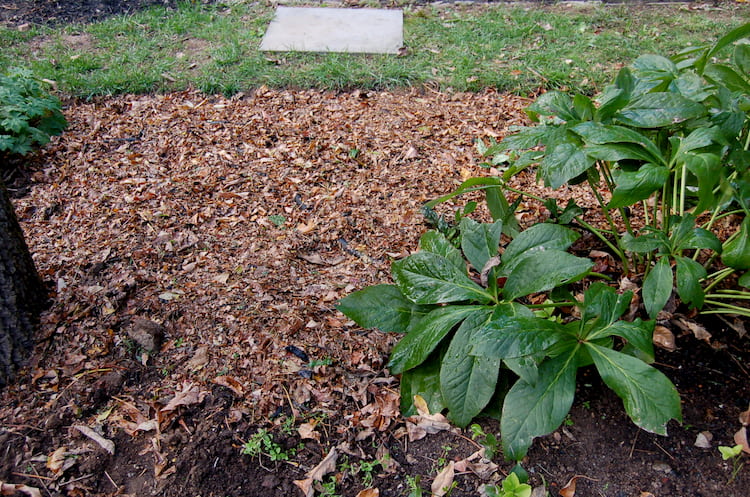
Shredded Leaves
This is nature’s favourite mulch. You can use it anywhere you want and you don’t have to buy it. Many people don’t like leaves around their gardens because they don’t look very appropriate for a formal setting, but if you spread a layer in spring before you plant spread out, they will blend into the view within a short time. This mulch is perfect for woodland gardens so if you spread some in the fall they will start decomposing over wintertime. On the other hand, unshredded leaves can mat together and repel water in rainy areas. In this case, you can always fluff and rearrange the leaves a bit.
Straw and Hay
This is a popular type of mulch for a vegetable garden. It is good for keeping soil diseases at bay. Straw decomposes quite slowly which means it will stay there for the entire growing season. Also, it is a nice home for spiders and other insects that can keep pest population in control.
Types of Synthetic and Inorganic Mulch
Synthetic and inorganic mulch is good for blocking weeds and holding moisture. These do not affect the fertility of the soil and don’t decompose. If you want to use synthetic mulch, but don’t like its look you can add a thin layer of bark mulch and camouflage it. As the bark disintegrates, you can easily replace it.
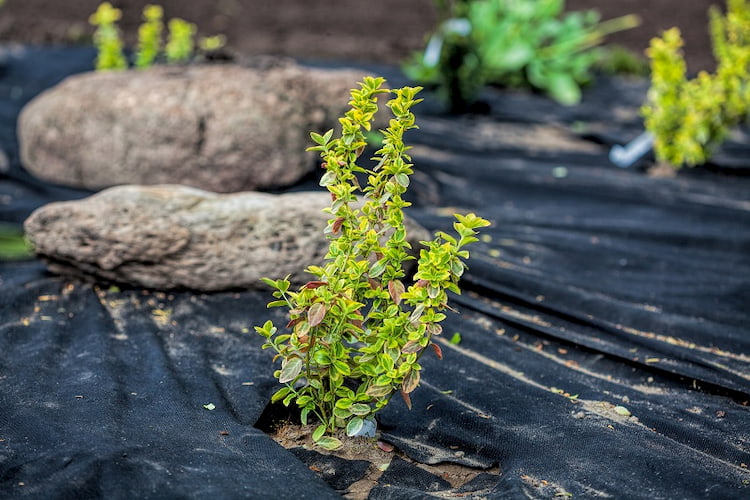
Plastic and Landscape Fabric
This is a good choice for foundation plantings and trees and shrubs in general. These plants don’t need to be fertilized often so you won’t be working in them regularly. However, plastic gets hod during the summer which means it can kill the good things in the soil including plant roots, so you need to be careful. Cutting holes in the fabric will allow water and air to pass through which can significantly better the situation. If you note that there are puddles on the top of the fabric of plastic, it means you don’t have enough drainage.
Gravel and Stone
These materials work well for plants that need more heat or areas that need good drainage. Stone is hard to remove so think good before you use this as a mulch option.
The type of mulch you choose for your garden depends on the practical and aesthetic goal you want to achieve. Also, keep in mind the amount of mulch you need to use. How much mulch do i need? You can do a quick research regarding this aspect and there is an online mulch calculator which can simplify your task. If this doesn’t help, you can always look for professional help.

